Selecting the right dog breed for a child with special needs is a decision that can significantly enhance the child’s life. The ideal dog breed for such children should exhibit qualities like patience, gentleness, and an intuitive understanding of the child’s emotional and physical needs. Here are 10 dog breeds that are especially well-suited for children with special needs, known for their calm demeanor, trainability, and empathetic nature.
1. Labrador Retriever
Labrador Retrievers are renowned for their gentle disposition and patience, making them excellent companions for children with special needs. Their trainability and eagerness to please allow them to be effective in therapeutic roles. Labs are also known for their ability to form strong bonds and offer emotional support.
2. Golden Retriever
Golden Retrievers are similar to Labradors in their suitability for children with special needs. They are known for their gentle, patient, and nurturing nature. Goldens are also highly trainable, making them suitable for therapeutic assistance and providing comfort and companionship.
3. Cavalier King Charles Spaniel
Cavalier King Charles Spaniels are affectionate and gentle, making them ideal for children who require a calm companion. They are small enough not to be overwhelming but still hearty enough to engage in play. Their empathetic nature allows them to connect with children on a deep level.
4. Saint Bernard
Saint Bernards are known for their calm demeanor and gentle presence. Their large size is paired with a compassionate nature, often making them excellent therapy dogs for children with special needs. They are patient and can provide a comforting and protective presence.
5. Boxer
Boxers are known for their loyalty, protective instincts, and playful and gentle nature. They can be great companions for children with special needs, offering fun and a sense of security. Boxers are also patient and can form solid and empathetic bonds with their family members.
6. Beagle
Beagles are friendly, gentle, and have a comforting presence, making them suitable for children with various special needs. They are small enough to be manageable and have a calm demeanor. Beagles are also known for their cheerful nature, which can uplift children.
7. Poodle
Poodles come in various sizes and are highly intelligent and gentle, making them excellent for children with special needs. They are known for their hypoallergenic coats, which is beneficial for children with allergies. Poodles can be easily trained for various therapeutic and support roles.
8. Newfoundland
Newfoundlands are gentle giants, known for their patient and protective nature. Their size can provide a sense of security, and they are often very nurturing and careful around children. Newfoundlands are great for therapeutic purposes, especially for children who benefit from physical support.
9. Bernese Mountain Dog
Bernese Mountain Dogs are large, gentle, and have a nurturing disposition. They are patient and can be trained to perform specific tasks to assist children with special needs. Their affectionate nature makes them wonderful companions, providing comfort and support.
10. Collie
Collies are intelligent, gentle, and known for intuitively responding to their owner’s needs, making them suitable for children with special needs. They are loyal and can be trained to assist in various ways. Collies are also known for their gentle demeanor, which can comfort children.
Conclusion
Choosing a dog for a child with special needs involves considering the unique compatibility between the child and the dog. The breeds listed above are known for their specific characteristics that align well with the needs of children requiring extra care and support. These breeds offer a combination of gentleness, loyalty, and the ability to be trained for therapeutic roles, making them ideal choices for enhancing the lives of children with special needs.
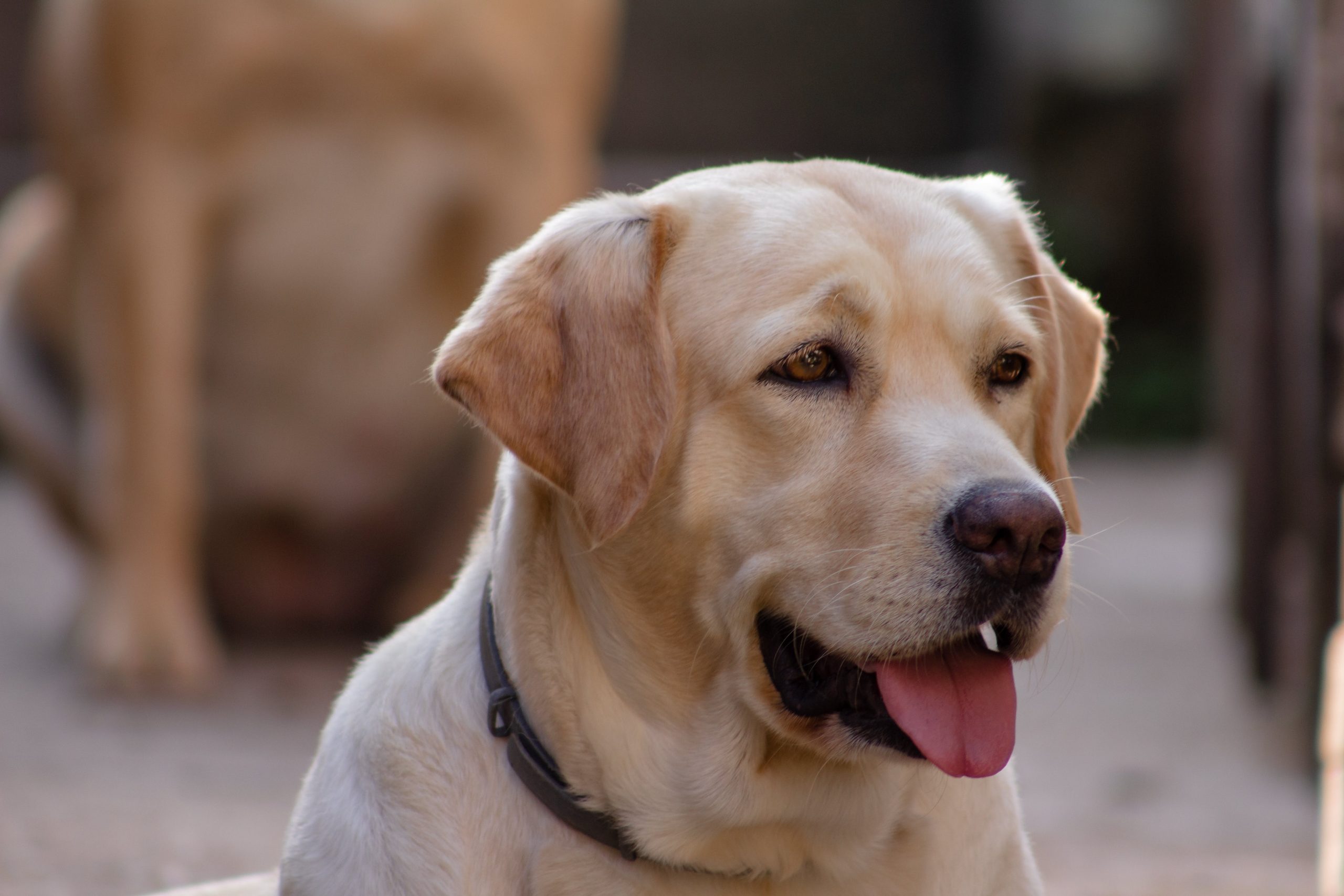

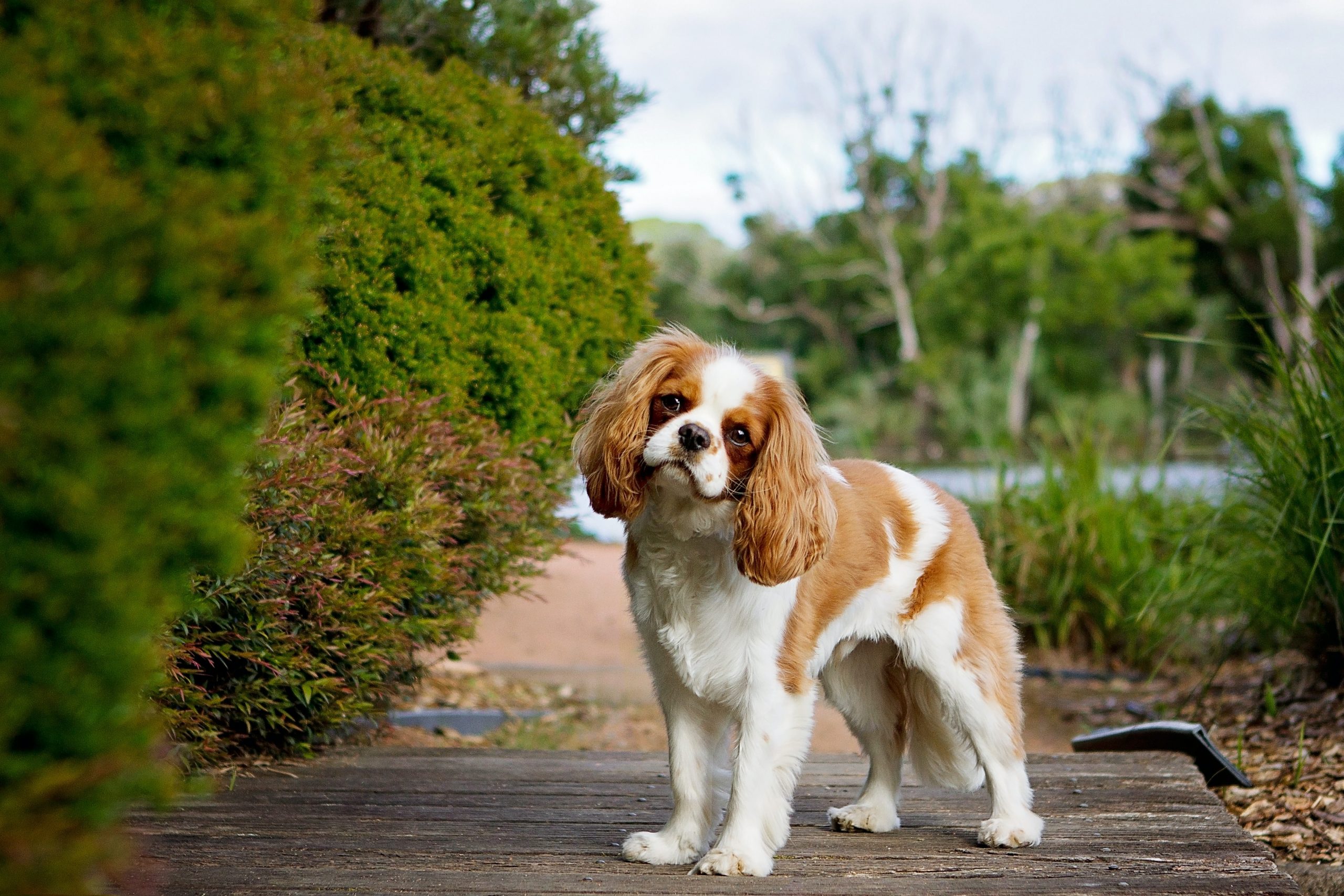


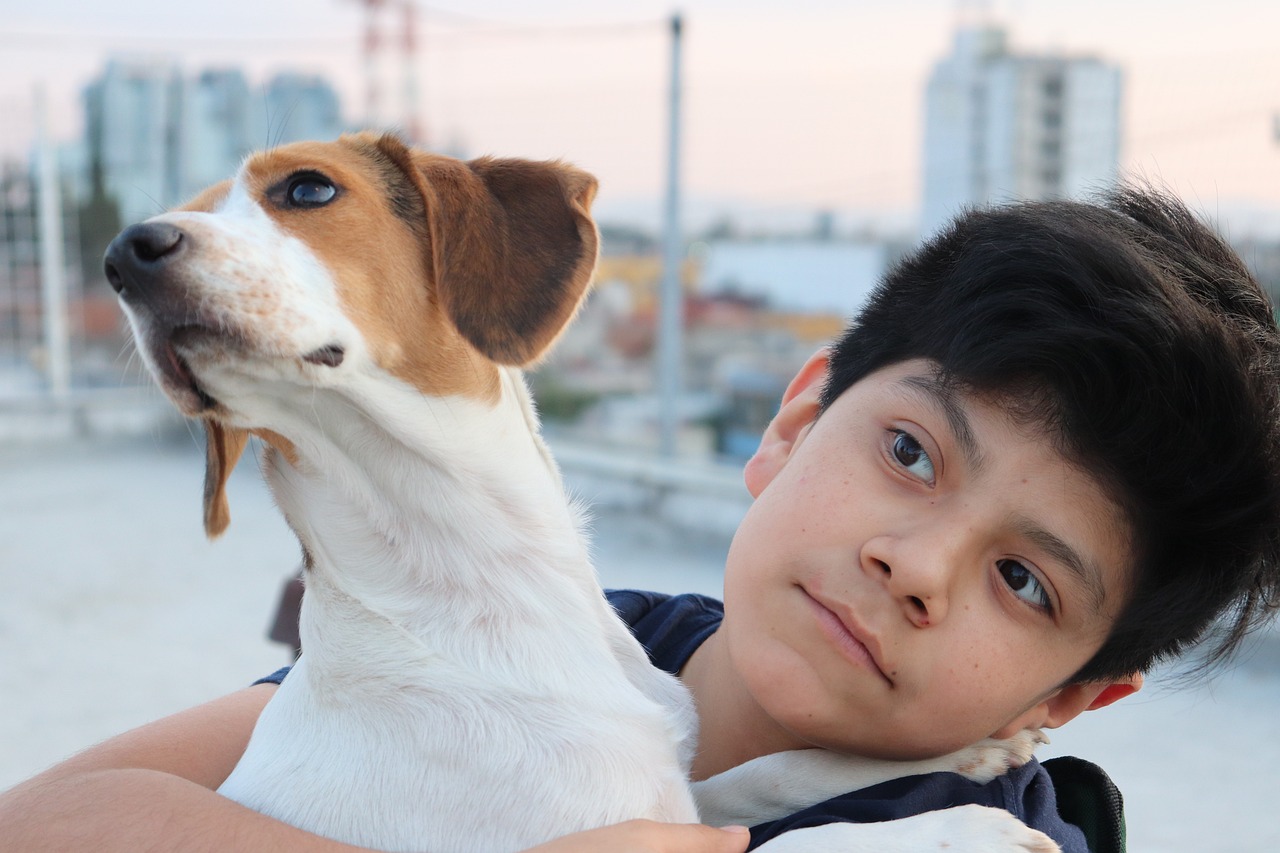
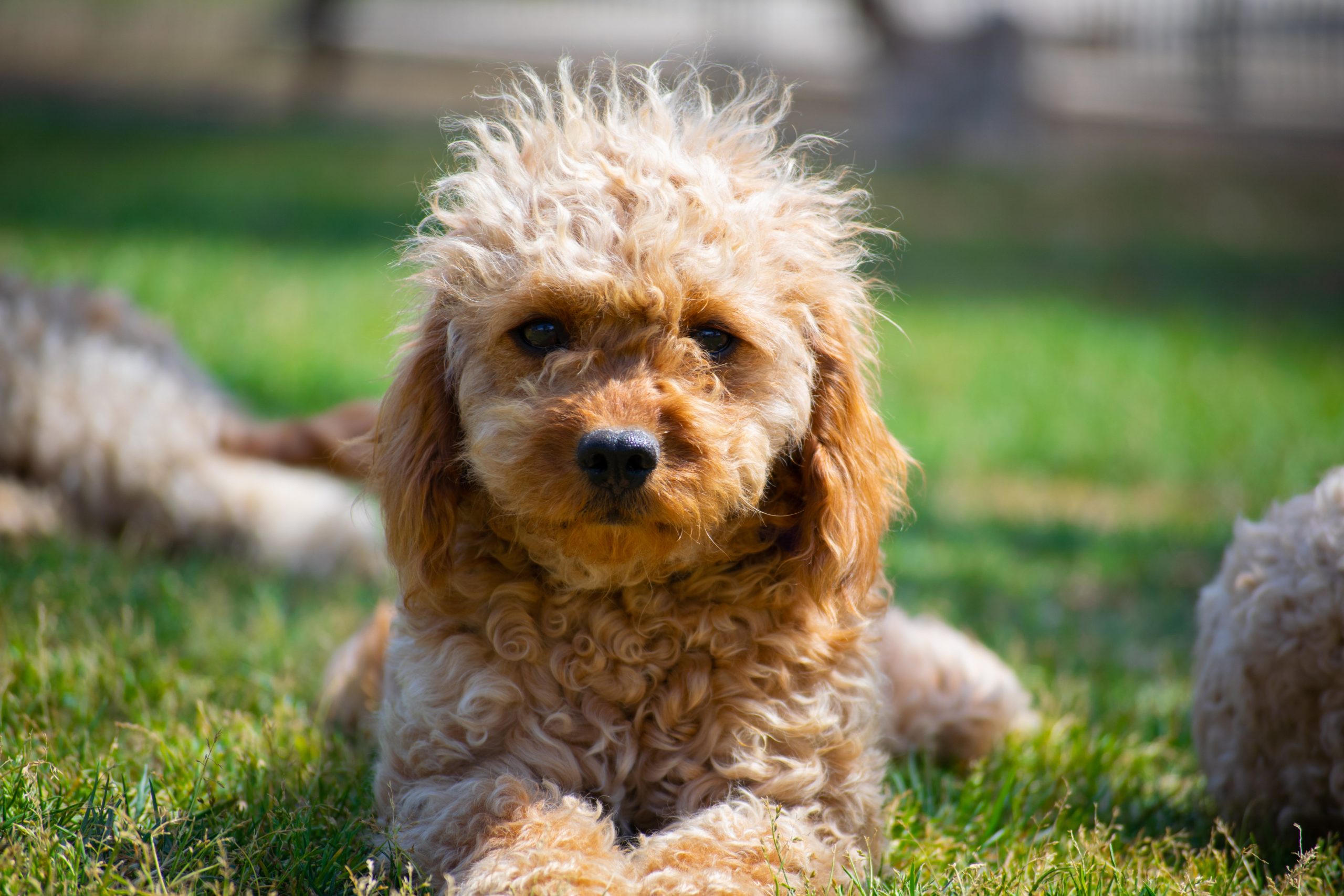


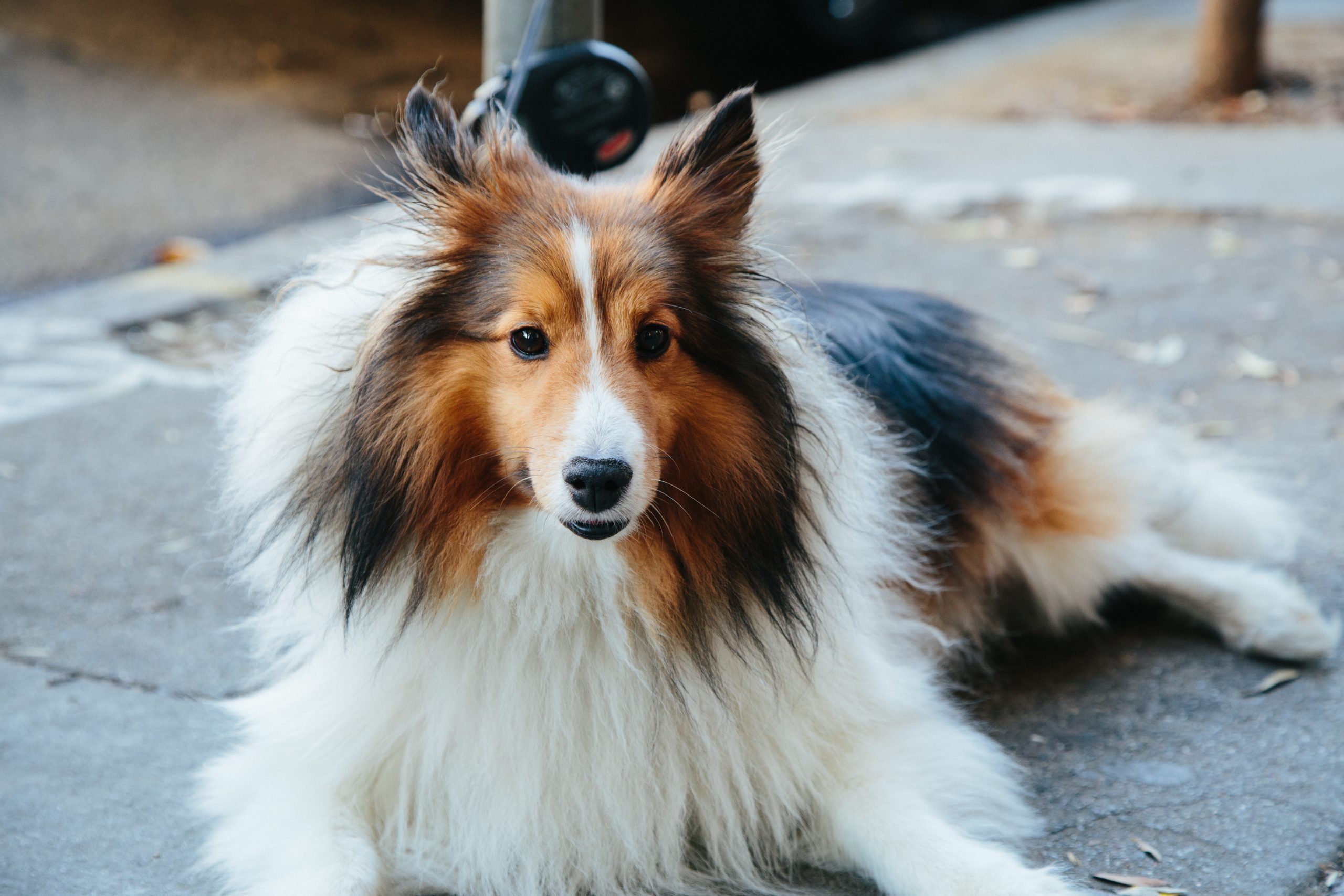
 Toledo, United States.
Toledo, United States.